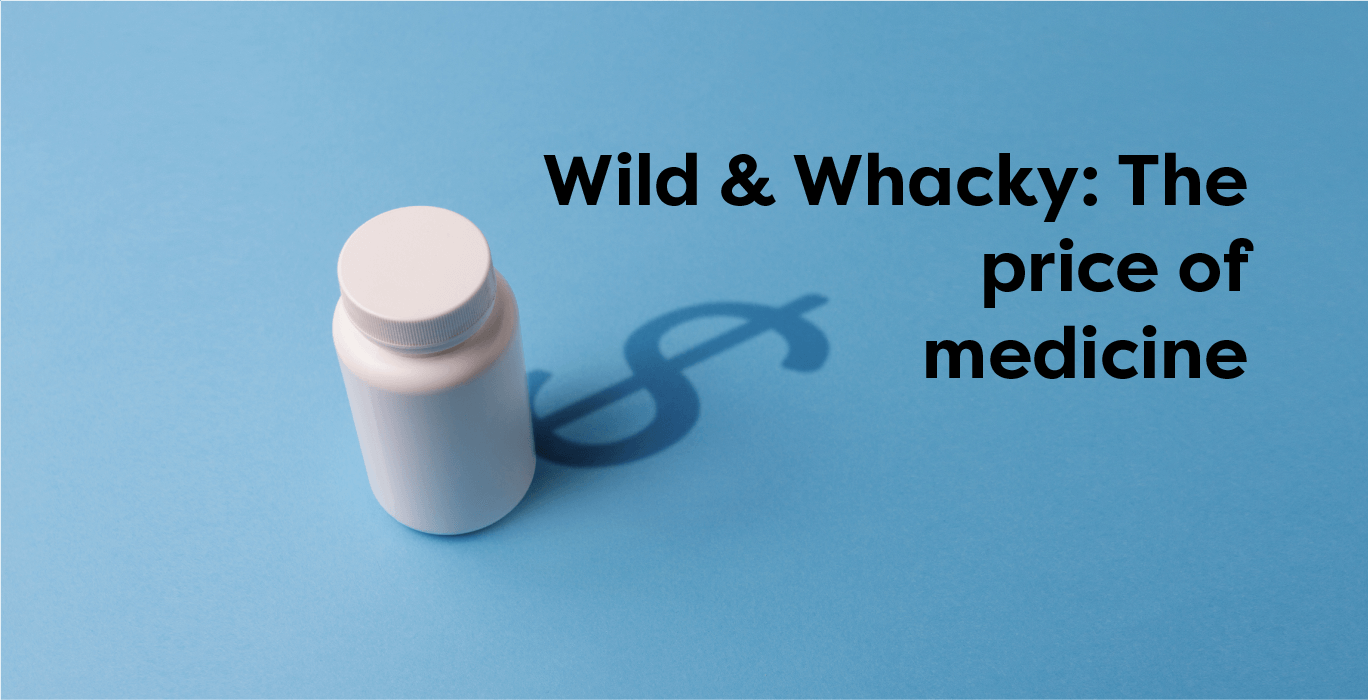Treating rare diseases takes a specialty pharmacy
You’ve probably guessed by the name that specialty pharmacies are not your typical neighborhood drugstore. For 5% of Americans who have rare diseases or require complex treatments, these are the only pharmacies that manage and dispense their therapies.
What qualifies as a rare disease?
If they affect less than 200,000 Americans, are life-threatening or debilitating and require complex treatment, a disease is considered rare. Most often they are genetic, have no cure and cannot be prevented. There are about 7,000 of them, including diseases like hemophilia, spina bifida, cystic fibrosis and muscular dystrophy. More than 25 million Americans are affected.
What is a specialty medicine?
Currently, there are approved therapies for only 5% of rare diseases. However, thanks to new incentives from the FDA, new drugs are in development. In fact, 58% of all new approvals in 2020 were for treating rare diseases, and it’s estimated that there are over 1,000 more in the pipeline.
Typically, these medications require:
- Special handling, such as how they’re stored, administered or dosed
- Injections or infusions through an IV
- A doctor’s office or hospital
- Follow-up or other special care from a professional
Where are specialty pharmacies located?
As we said earlier, these pharmacies are not like the drugstore down the street. Though some chains, like CVS, offer pharmacy pick-ups, many of them are strictly mail order, delivering meds to patients’ homes or point of care.
Are specialty medications expensive?
A lot of media coverage has been devoted to the high cost of specialty medications. Here are a few stats for perspective:
- The avg specialty med costs $84,442 annually
- Kalydeco, which treats cystic fibrosis costs $849 a day
- Specialty meds treat only 5% of people but account for 52% of pharmacy spending
What’s the future of Specialty Rx?
Experts say costs will keep rising–by as much as 11% or more. As more specialty meds become available, costs will likely continue to rise. It’s just one of the aspects of prescription care that the Gifthealth technology platform is designed to address through automated discounts and rebates, a national network of tech-enabled pharmacies and a growing number of partnerships with prescribers and drug manufacturers.


